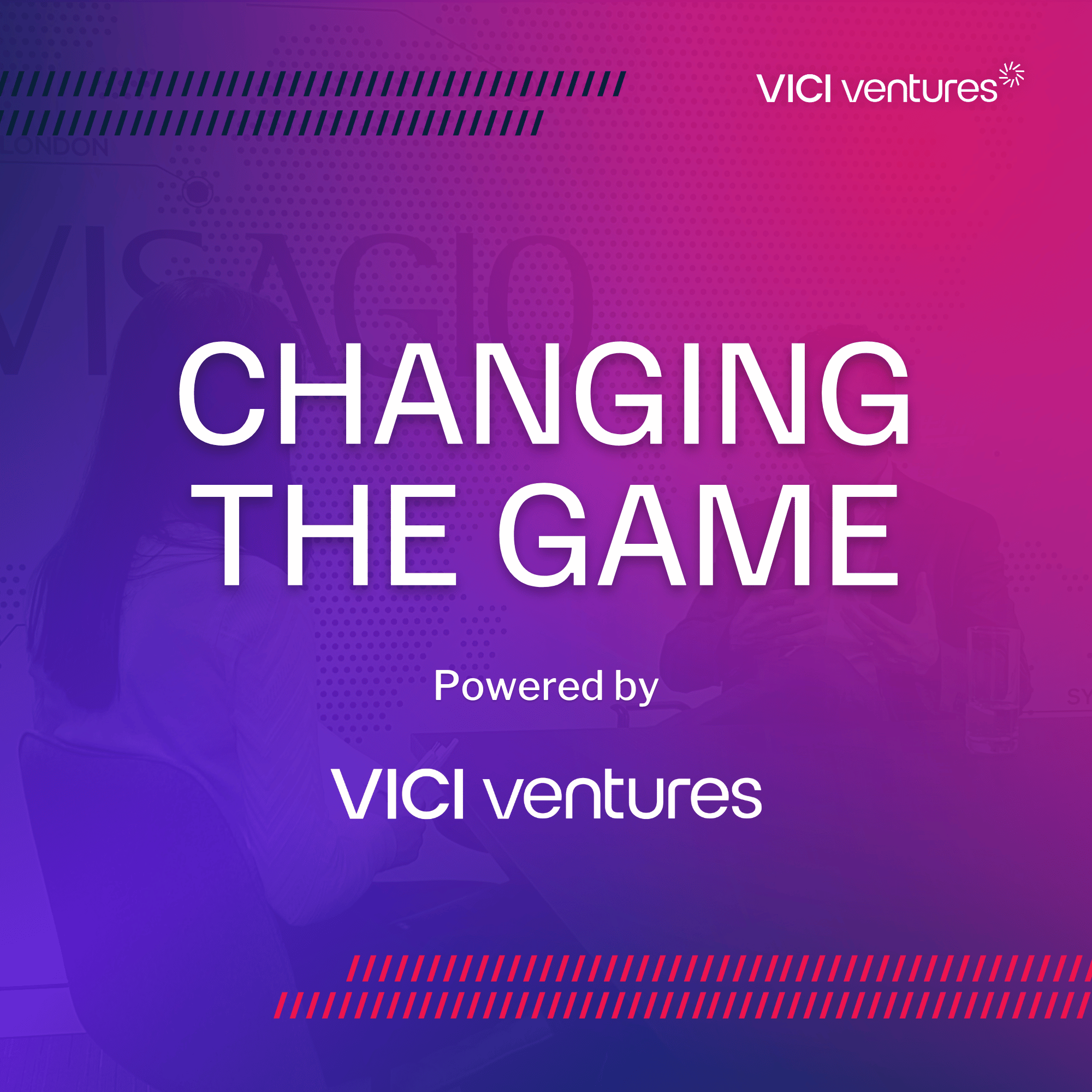Episode 8
Changing The Game with Wilson Casado - Jemma Greene
Jemma Greene has been working with the government as the executive director for innovation within the south metropolitan health for the last five years, a career driven forward solely by her firm passion for change.
She brings this passion into concrete reality through the application of entrepreneurial leadership turned towards the embracing of creativity and collaboration within the sector, an honorable work for which she received the 2019 Public Sector Leadership Award.
All of these things make Jemma the ideal guest for the Changing the Game, an invitation which she graciously accepted, giving us the opportunity to share with you some unique insights on her line of work.
Starting out
Now, most teenagers do not dream of becoming a part of the government as they grow up, and Jemma, who pictured herself as a future actress at the time, was no exception.
Fate, however had other, greater plans for her which first would see her working at retail “for a number of years”, where she learned “how to learn business, how to understand rosters, and how to manage people”, all skills which would come to great use as time went by.
When working in these stores, Jemma discovered that she actually quite liked the administration environment, and learned the skill set which would bring her the success she has seen since the start of her current career.
Which brings us to our first take-away:
If you want to change the game, it’s very likely that you have some high hopes for what you expect to accomplish, which is great, but it can lead to frustration if you don’t immediately take off towards the path you have set out.
But, changing the game is not about where you are at the moment, but rather, your willingness to put in the daily effort that slowly builds the version of the world, and of yourself that is closer to your goal.
Insistence
Unfortunately things were not always a bed of roses for Jemma as she advanced her career, and like so many women (too many), she had to hear some absurd comments about not being able to join the leadership program because she was pregnant.
Her response was to prove them wrong, not just with words, but taking up leadership roles within human resources in various industries, all the while raising her children.
And, as she took these roles, she also made sure to work towards achieving diversity and equality from where she stood, so that other women would have a better experience than she had.
This goes to show that when someone makes an inappropriate comment in a work environment, the best thing we can do is challenge it, but not just challenge the comment itself, challenge the very worldview behind it.
For Jemma that was challenging the idea that women can’t take up a leadership roles while having children, but it can be any warped view of reality that still has roots within culture. You are likely thinking about examples from your life right now.
Faking It Till you Make It
Let’s go back to one of our previous takeaways, more specifically the one about putting in daily effort, and how you need to have a constructive mentality throughout this trajectory, a mentality that Jemma summarized in a brilliant way:
“Fake it Till You Make it”
Because, sure, you may not be this confident high ranking government official, but the first step to becoming one, is acting as that ideal future version of yourself in the present, making it a reality.
But also, don’t have this unreasonable expectation about being confident all the time and never doubting yourself, even Jemma talks about how some days are tougher than others:
“I have imposter syndrome, especially when I moved into the innovation space, I was the first chief innovation officer in the local government in Western Australia, my boss wanted to give me a position description with lightbulb on it.”
Feeling unworthy before your achievements is a normal human emotion, and one that keeps us humble in the face of our most prideful moments, but it’s important to keep in mind that success only steals you if you let it.
So, fake it till you make it, and when you make it, understand that you bought the present with each past step.
Innovation
Finally, our conversation got into the central subject of Jemma’s work as an executive director for innovation, which according to her involves “building the capability of staff and people to have the confidence to bring their ideas forward.”
Here’s why I think that’s brilliant: When you’ve started working at a company, have you ever had ideas about how to make its operations better for everyone but shied away from saying anything because you were lower in rank?
Jemma is working to change the game into a state where that wouldn’t happen.
A point I always try to hammer home on the podcast is that one of the reasons why diversity is such a wonderful thing is because it turns the work environment into a space where different ideas from different people can get together.
So, to create a space where anyone at anytime can present a solution for the betterment of the company as a whole not only capitalises on the best part of diversity, but it actually makes it more attractive as a value.
Conclusion
Changing the game is important, it’s necessary, and is also very hard. The world is always looking for reasons to stay just the way it is and it will resist anyone that dares to tell it otherwise.
And yet, we must dare, even if our task is monumental. So, how can we handle the huge challenge that presents itself when we decide to be agents of change? Maybe Confucius was onto something when he said:
“The man who moves a mountain begins by carrying away small stones.”
Jemma Greene knew this, and now so do you.
Therefore, I want you to depart from this article with the following mental exercise: What is your small stone? That is, what is the small way in which you can start changing the game?
Think about it until you find the answer, and when you find it, keep at it, and you will see the world around you transform.

